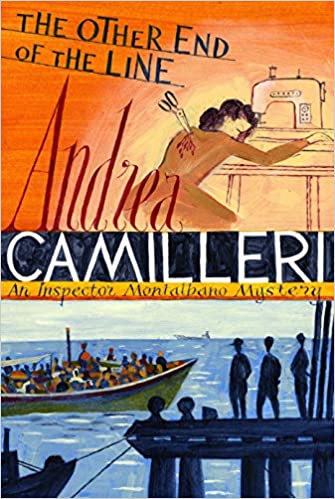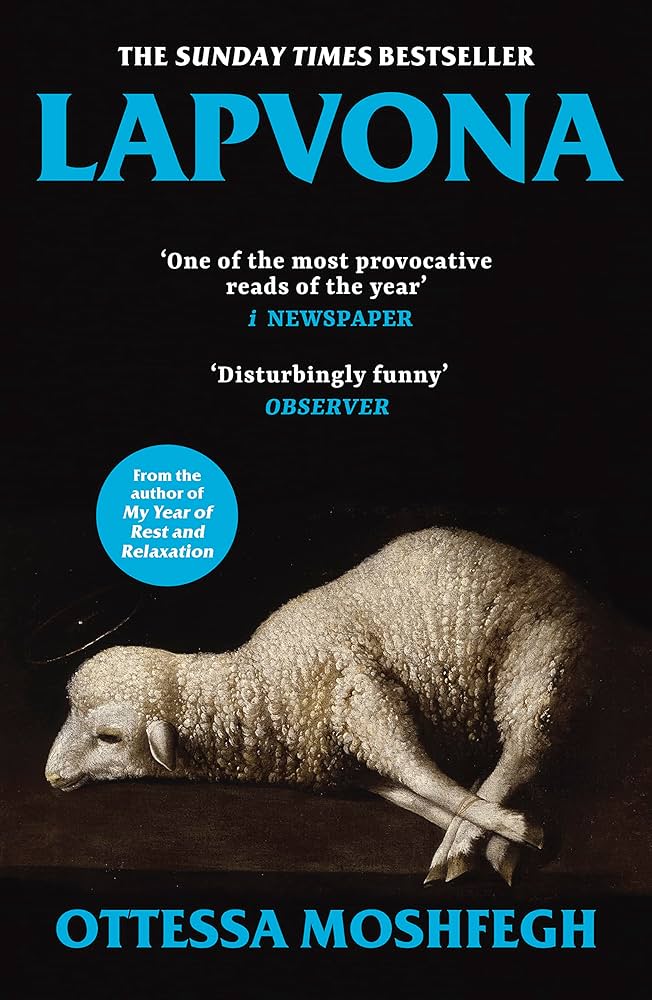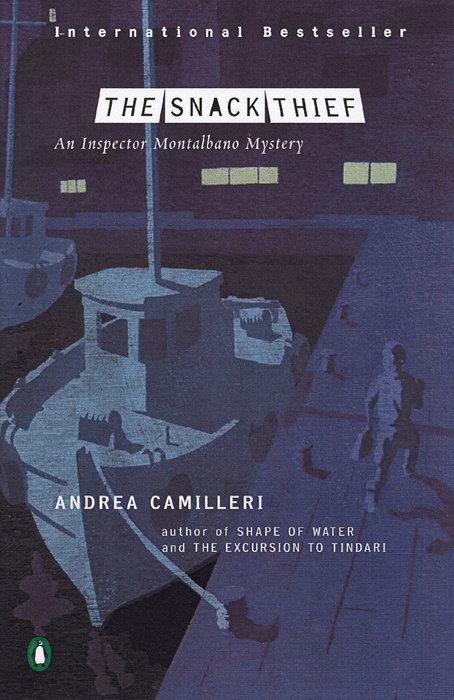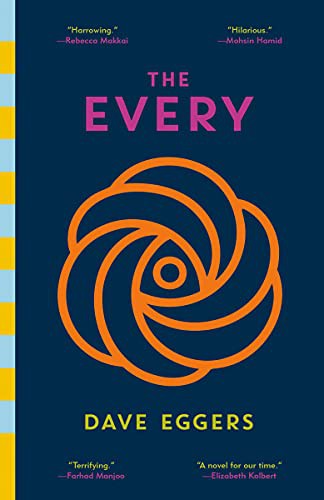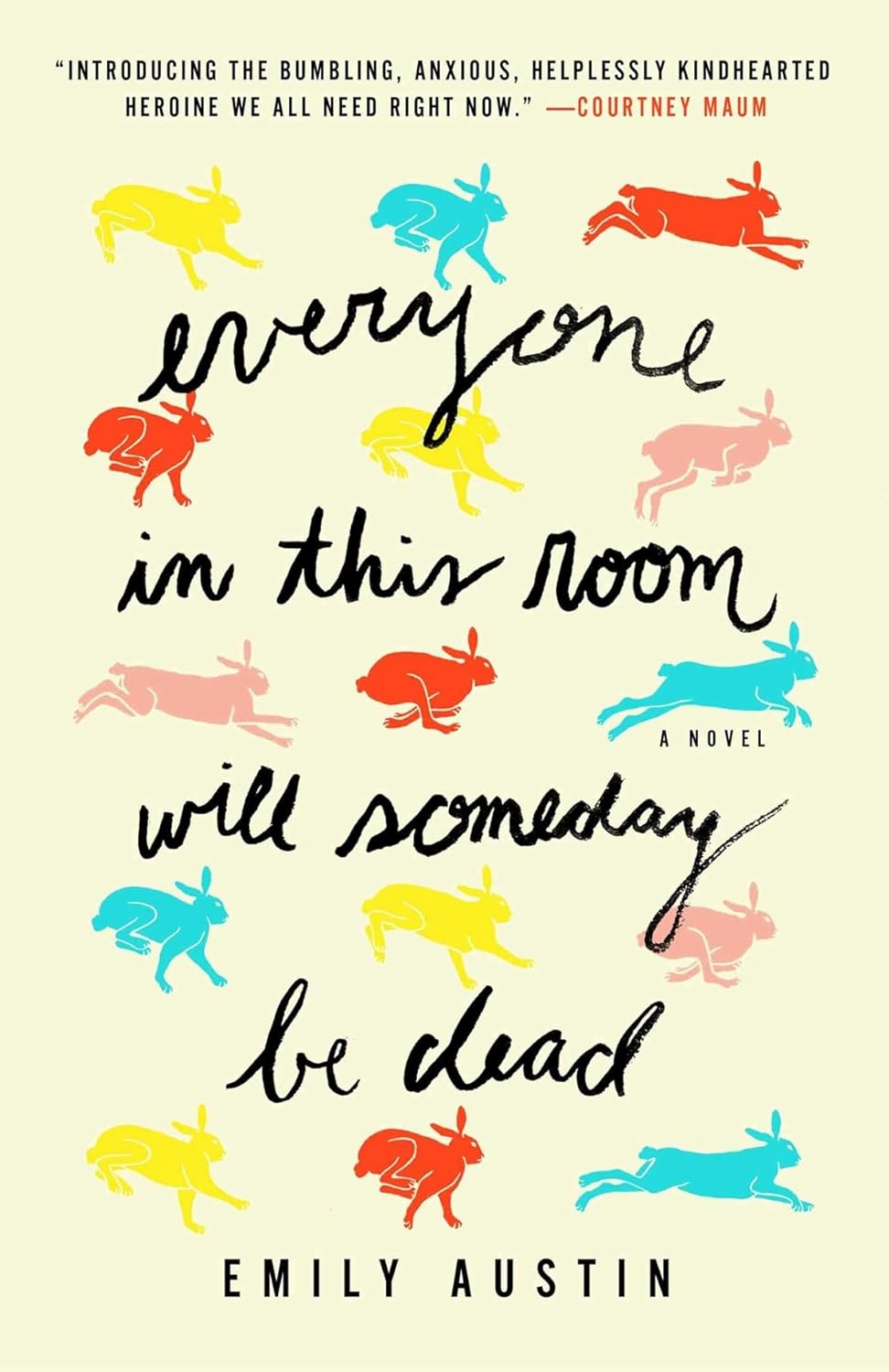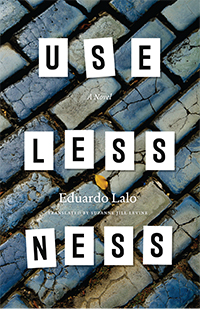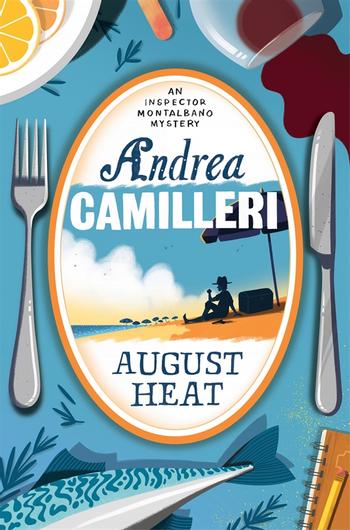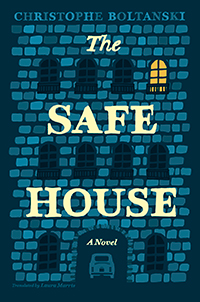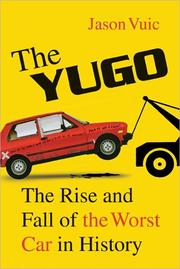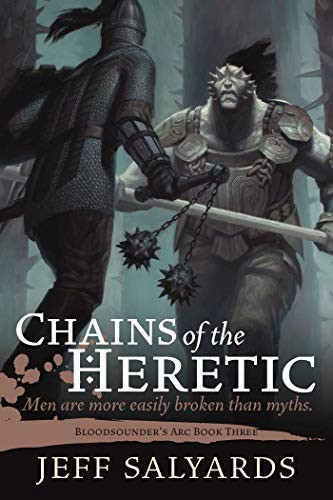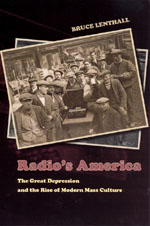rclayton reviewed The Other End of the Line by Andrea Camilleri
The Other End of the Line
No rating
Impastato was beaten to death, and then tied to the railroad tracks and blown up with tnt. His case was treated as a suicide until 1997, when it was reopened.
Fighting Sicilian Corruption, One Vine at a Time
by Marie Dozema in Gastronomica, Fall 2012
Camilleri occasionally indicates, in an Author’s Note, when the story was based on real events. He didn’t do that for this story, but he could have. There are two substories; the first is night after night of refugees from North Africa landing in Montalbano’s jurisdiction (the time is somewhere in the mid 2010s), and the second substory is a seamstress’s murder. The refugee story is apparently there so Camilleri can have his characters rile against the idiocy of national and super-national governments, although Montalbano does glean a clue from a knife fight between two refugees. After handing off the refugees to Augello, Montalbano …
Impastato was beaten to death, and then tied to the railroad tracks and blown up with tnt. His case was treated as a suicide until 1997, when it was reopened.
Fighting Sicilian Corruption, One Vine at a Time
by Marie Dozema in Gastronomica, Fall 2012
Camilleri occasionally indicates, in an Author’s Note, when the story was based on real events. He didn’t do that for this story, but he could have. There are two substories; the first is night after night of refugees from North Africa landing in Montalbano’s jurisdiction (the time is somewhere in the mid 2010s), and the second substory is a seamstress’s murder. The refugee story is apparently there so Camilleri can have his characters rile against the idiocy of national and super-national governments, although Montalbano does glean a clue from a knife fight between two refugees. After handing off the refugees to Augello, Montalbano spends most of his time working on the seamstress’s murder.
The murder story is fine, well constructed and not excessively complicated. The ridiculous bits of the story are ridiculous; for some reason I was willing to let them slide, but I can understand the hesitation to do so. The detective work, unfortunately, leans heavily on ancient Sicilian peasant wisdom. There’s usually a little of that in every Montalbano story, but here it’s all over the place, including, alas, a cat that keeps Montalbano on the job when he thought he was done. The ending is a mystery itself: did Montalbano put his foot in it, or did he “put his foot in it”? Recalling how Montalbano elegantly “put his foot in it” in The Patience of the Spider, it seems clear he put his foot in it in here, an ominous harbinger that is nevertheless consistent with Camilleri’s theme of age-related decline.

